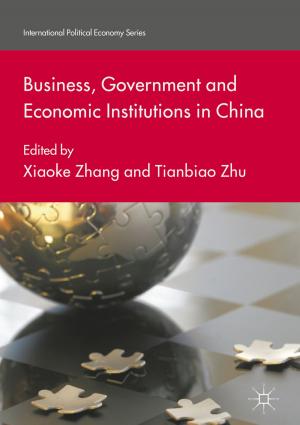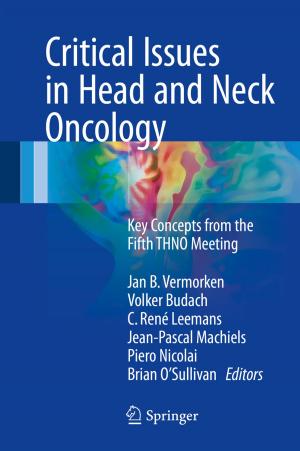Comedy and the Politics of Representation
Mocking the Weak
Nonfiction, Social & Cultural Studies, Social Science, Disability, Cultural Studies, Popular Culture| Author: | ISBN: | 9783319905068 | |
| Publisher: | Springer International Publishing | Publication: | July 27, 2018 |
| Imprint: | Palgrave Macmillan | Language: | English |
| Author: | |
| ISBN: | 9783319905068 |
| Publisher: | Springer International Publishing |
| Publication: | July 27, 2018 |
| Imprint: | Palgrave Macmillan |
| Language: | English |
This edited collection explores the representations of identity in comedy and interrogates the ways in which “humorous” constructions of gender, sexuality, ethnicity, religion, class and disability raise serious issues about privilege, agency and oppression in popular culture. Should there be limits to free speech when humour is aimed at marginalised social groups? What are the limits of free speech when comedy pokes fun at those who hold social power? Can taboo joking be used towards politically progressive ends? Can stereotypes be mocked through their re-invocation? Comedy and the Politics of Representation: Mocking the Weak breaks new theoretical ground by demonstrating how the way people are represented mediates the triadic relationship set up in comedy between teller, audience and butt of the joke. By bringing together a selection of essays from international scholars, this study unpacks and examines the dynamic role that humour plays in making and remaking identity and power relations in culture and society.
This edited collection explores the representations of identity in comedy and interrogates the ways in which “humorous” constructions of gender, sexuality, ethnicity, religion, class and disability raise serious issues about privilege, agency and oppression in popular culture. Should there be limits to free speech when humour is aimed at marginalised social groups? What are the limits of free speech when comedy pokes fun at those who hold social power? Can taboo joking be used towards politically progressive ends? Can stereotypes be mocked through their re-invocation? Comedy and the Politics of Representation: Mocking the Weak breaks new theoretical ground by demonstrating how the way people are represented mediates the triadic relationship set up in comedy between teller, audience and butt of the joke. By bringing together a selection of essays from international scholars, this study unpacks and examines the dynamic role that humour plays in making and remaking identity and power relations in culture and society.















